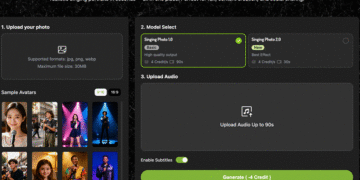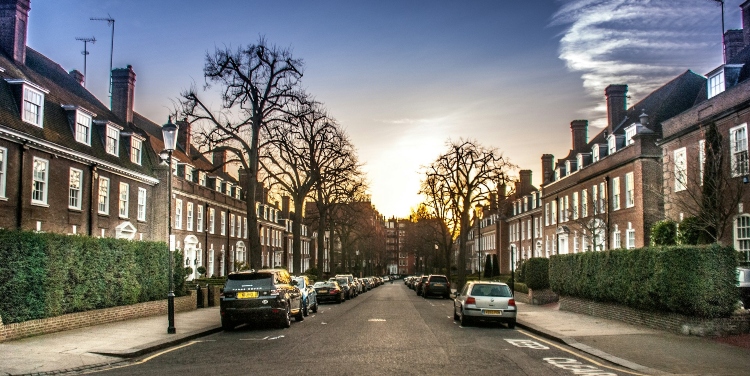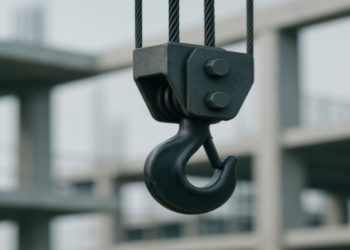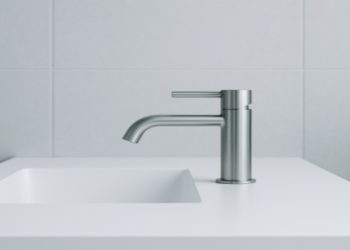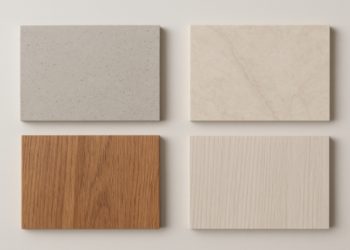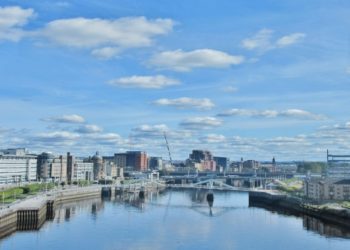If you’re looking to take advantage of falling house prices this year or you want to know a bit more about the different types of property, it’s important that you know the facts before you take the plunge and buy a property.
Buying a house is one of the most important financial decisions you can make, so it’s essential you fully understand the terms of your own house.
If you’re not sure where to start, we’ve broken down everything you need to know below.
What is a leasehold property?
A leasehold property is a type of home ownership where you purchase the right to occupy and use the property for a certain amount of time rather than owning the property and land itself. In this situation, the property remains in the name of the landlord.
Most leasehold properties involve a lease agreement, which sets out the terms and conditions of the occupancy. They’ll usually include how long the lease is for, the rent and any restrictions of the property (for example, they might state that pets aren’t allowed). Once the lease has ended, the ownership will revert to the landowner.
When it comes to buying a leasehold property, it might be that you own your home, but the land surrounding it (such as a private road or apartment building) is a lease. For this reason the closer you are to the lease expiry date, the harder it can be to sell your home.
What properties are leasehold properties?
Most flats are leasehold properties. For this reason, you’ll own your flat but you’re unlikely to own the shared areas (such as the stairs and hallway) or any surrounding gardens.
Normally, if you’re a leaseholder, you’ll pay ground fees to the freeholder. However, this has been overturned for any new leases coming into force after 30th June 2022.
What is a freehold property?
On the other hand, a freehold property is the highest form of ownership. This means that you have outright ownership of the land and buildings upon it indefinitely.
This means you, as the owner, have the right to use, occupy, and modify the property as you see fit.
While freehold ownership offers more security and control, it can be expensive as you’re liable for all the maintenance and
How do I know if a property is freehold or leasehold?
If you’re not sure if the property you’re viewing is freehold or leasehold, it’s important to seek professional advice from a conveyancer. Your conveyancer will be able to identify whether the property is freehold or leasehold and can guide you through the buying process.
Final thoughts…
When it comes to property ownership, understanding the distinctions between leasehold and freehold is crucial for informed decision-making. Luckily, by enlisting expert help, you can go into a home sale armed with the facts.
David Prior
David Prior is the editor of Today News, responsible for the overall editorial strategy. He is an NCTJ-qualified journalist with over 20 years’ experience, and is also editor of the award-winning hyperlocal news title Altrincham Today. His LinkedIn profile is here.







